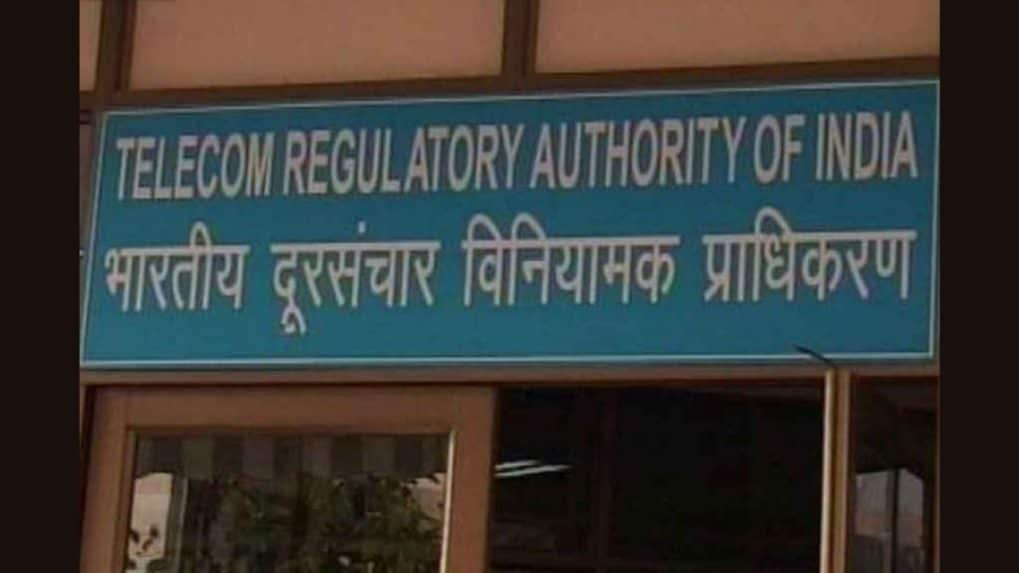TRAI releases new recommendations: Infrastructure, spectrum sharing to boost connectivity, lower costs
TRAI releases recommendations on ‘Telecommunication Infrastructure Sharing, Spectrum Sharing, and Spectrum Leasing'. The new guidelines aim to improve connectivity in remote areas, optimise resource utilisation, and potentially reduce service provider costs.
ADVERTISEMENT
The Telecom Regulatory Authority of India (TRAI) has released recommendations on sharing telecom infrastructure and spectrum. This move aims to optimise resource utilisation and potentially lower costs for service providers.
Some of the highlights of the recommendations include infrastructure sharing, improved connectivity in remote areas, spectrum sharing and spectrum leasing.
“The implementation of the recommendations on telecommunication infrastructure sharing will help telecom service providers in greater cost efficiencies and improved time to market. The recommendations on mandatory sharing of passive infrastructure laid under the Universal Service Obligation Fund (USOF) projects are aimed at extending the benefits of telecommunication coverage in underserved areas to more than one telecom service providers through effective utilization of Government funded infrastructure,” TRAI said in a press statement.
Based on the comments and counter comments received from stakeholders, and on its own analysis, TRAI has finalized the following reccomedations-
1. Telecommunication service licensees should be allowed to share the passive infrastructure such as building, tower, electrical equipment including battery and power plant, dark fiber, duct space, Right of way, etc. owned, established, and operated by them under the respective licenses with all types of telecommunication service licensees.
2. Telecommunication service licensees should be allowed to share all types of active infrastructure elements owned, established, and operated by them under respective licenses with all types of telecommunication service licensees as per the scope of their services.
3. In the future projects of Universal Service Obligation Fund (USOF) under the Indian Telegraph Act, 1885 (or Digital Bharat Nidhi under the Telecommunications Act, 2023), DoT should include a provision in the agreement with the Universal Service Provider (USP) that the USP shall not refuse to share the passive infrastructure laid under the project to at least two other telecom service providers on a transparent and non-discriminatory basis.
4. In the already assigned projects of USOF, DoT should explore the feasibility of issuing instructions to such USPs that the USP shall not refuse to share the passive infrastructure laid under the project with at least two other telecom service providers on a transparent and non-discriminatory basis.
5. In the interest of consumers, a telecom service provider, which has built mobile network infrastructure in the remote and far-flung areas of the country with full or partial funding from the Government under USOF (or Digital Bharat Nidhi), should be mandated to allow roaming to other TSPs on its network in such remote and far-flung areas initially for a period of three years.
6.Inter-band access spectrum sharing between access service providers (which may be implemented either by way of pooling of access spectrum held by the participating access providers in different frequency bands through common radio access networks, or by way of allowing the partnering access service providers to use the radio access networks of each other operating in the shared requency band(s)) in an ISA should be permitted.
7. DoT should explore the possibility of implementing authorized shared access (ASA) technique-based spectrum sharing in India, under which, the spectrum assigned to Government agencies or other entities (non-TSPs) in the globally harmonized spectrum bands for IMT services, can be assigned to access service providers as secondary users.
8. A field trial of ASA technique-based spectrum sharing between the willing access service providers should be conducted under the supervision of DoT.
9. The leasing of access spectrum should be permitted among access service providers.

